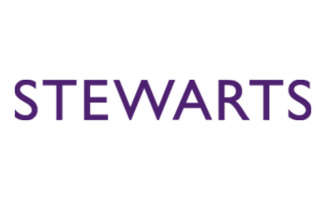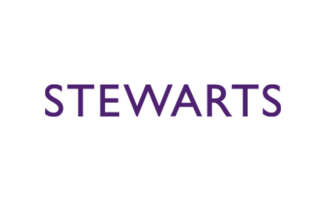The chairs of next week’s London International Disputes Week (LIDW) are urging in-house lawyers to attend the event to learn about all the latest litigation risks.
Disputes Yearbook 2024 – Best case scenarios
Holding court – cases of the year
If any trend is set to define the London disputes market in 2024, it is the continued rise of group litigation. A vast array of mass claims are winding their way through the courts, spurred on by an increased willingness to adapt to the challenges of case management, heightened awareness of environmental, social, and governance (ESG) issues on the parts of corporates and the general public, the maturing of the claimant Bar, and the development of the Competition Appeals Tribunal (CAT) regime – including the rise of the first opt-out class actions.
The comprehensive failure of ClientEarth’s derivative claim against Shell has not slowed activity in the environmental space. In addition to the upcoming decision in the major Municipio de Mariana & Ors v BHP Group, a number of other group actions are brewing, with Leigh Day among the firms leading the charge. The firm is bringing a claim on behalf of more than 11,000 claimants from Nigeria’s Ogale and Bille communities, alleging that oil spills from Shell pipelines have caused long-term contamination of claimants’ land and water. Judgment is awaited in a petition to further expand the claim to address questions about the right to a clean environment. Continue reading “Holding court – cases of the year”
Disputes Yearbook: Foreword – Stewarts: Groundhog Day?
A quick scan of the inevitable January opinion pieces predicting trends in the litigation market for the year ahead gives a fairly consistent view of topics we are likely to see. Against a backdrop of continued economic and geopolitical instability, ongoing inflation, high interest rates and supply chain disruption, commentators foresee an increase in insolvency-related litigation and disputes resulting from pressure on commercial contracts. The same factors are likely to increase loan defaults and distressed debt claims. In addition, frauds inevitably emerge in the wake of failing businesses.
Continue reading “Disputes Yearbook: Foreword – Stewarts: Groundhog Day?”
Scaling up: a look back at the last ten years of disputes in London
When Legal Business first launched its Disputes Yearbook back in 2014 Brexit was barely on the radar, most people had not heard of Wuhan and post-financial crisis disputes work and oligarchs were helping firms cast aside any doubts about how sustainable further disputes growth was at either the biggest players in the City or the boutiques spinning out from them.
While much has changed, many of the key market players are still the same today and some of the bigger trends keeping litigators busy now were still evident a decade ago – albeit in nascent form. Continue reading “Scaling up: a look back at the last ten years of disputes in London”
Access to justice: Spurious claims under the spotlight – best intentions or base motives?
With the marked increase in group litigation and rapid development of the litigation funding industry, the Competition Appeal Tribunal is consistently seeing novel claims. New theories of dominance are appearing, with what actually constitutes a dominant position widening. And the type of claim presented to the tribunal is expanding, with an increasing number of ESG claims filed.
As the only court in the jurisdiction to allow for opt-out group litigation, the CAT is the only means by which North American style class actions can be brought. Supporters of the expansion of the CAT’s domain and these new claims see it as a necessary means of consumer redress. The system is seen as one that provides access to justice for consumers, and a way of holding major corporates to account. Continue reading “Access to justice: Spurious claims under the spotlight – best intentions or base motives?”
Disputes Yearbook 2024 – online PDF
Please see below for a link to an online pdf of the Disputes Yearbook 2024. Continue reading “Disputes Yearbook 2024 – online PDF”
Debate winners – which disputes teams are best at making their case to the Legal 500?
Disputes is one of the broadest areas of work covered by the Legal 500; while commercial litigation accounts for over half of all of our disputes rankings, a diverse range of specialisms also fall under the disputes umbrella, from professional discipline and commodities to debt recovery and costs. Continue reading “Debate winners – which disputes teams are best at making their case to the Legal 500?”
Disputes Yearbook 2024 – Editor’s Letter
Welcome to the latest edition of the Disputes Yearbook from the Legal 500 and Legal Business; a special edition marking ten years of our annual guide to all things contentious, and a must-read for every self-respecting litigator.
This supplement brings together analysis of the key issues facing disputes lawyers, interviews with senior figures in the market, and an in-depth round-up of some of the biggest cases around. Continue reading “Disputes Yearbook 2024 – Editor’s Letter”
Securities litigation in the UK: A changing landscape?
Stewarts look at the UK financial market, with special focus on FSMA
Continue reading “Securities litigation in the UK: A changing landscape?”















